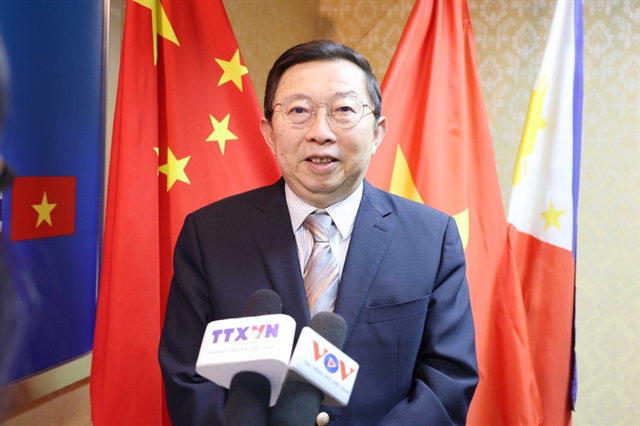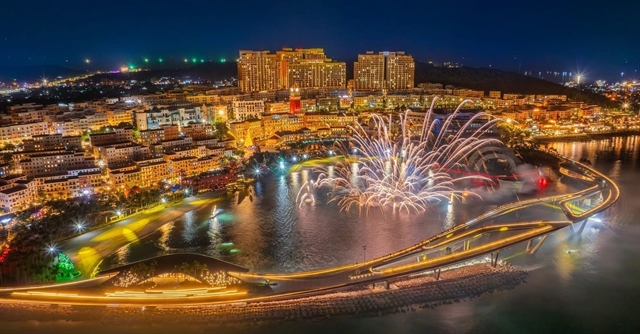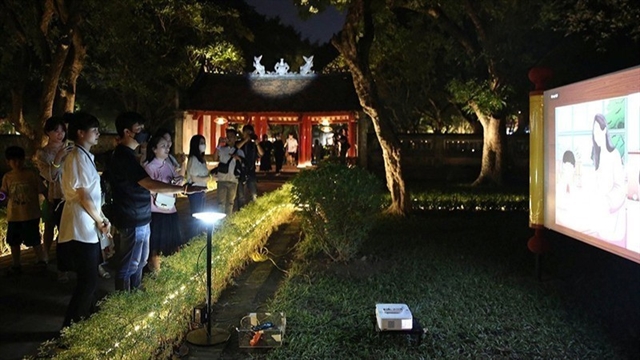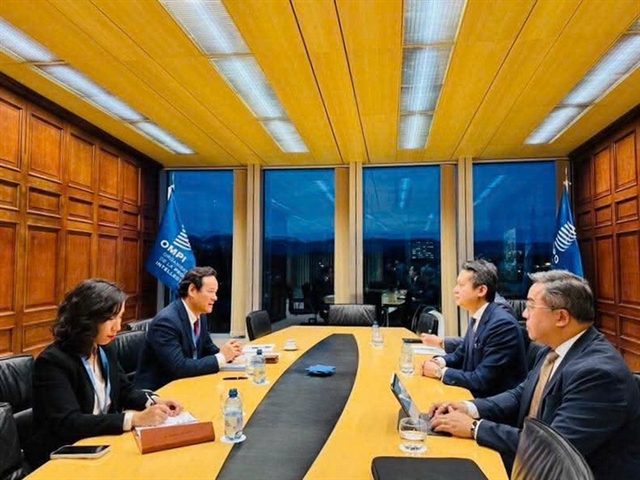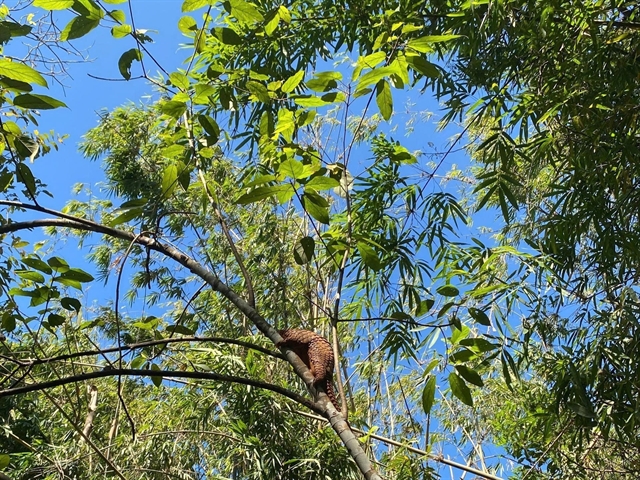

Spiritual tourism site plan raises concerns
Many environmentalists have raised concerns over the proposal to build a spiritual tourism site in Hà Nội’s Hương Sơn Commune which is home to Hương (Perfume) Pagoda.


Many environmentalists have raised concerns over the proposal to build a spiritual tourism site in Hà Nội’s Hương Sơn Commune which is home to Hương (Perfume) Pagoda.
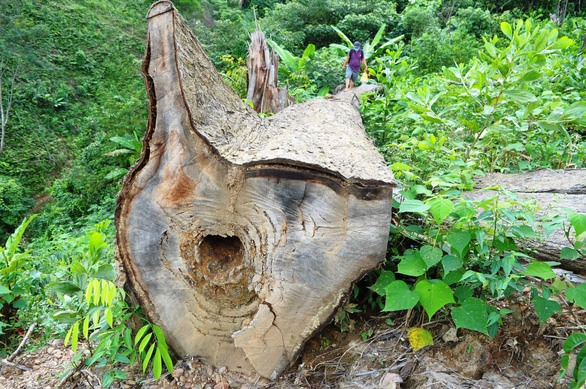
On December 5, tens of rare timber trees such as chò (White Meranti), sến (Lauan, Meranti) and lim (ironwood) were found to be chopped down in the forest area in Village 5 in Trà Đốc Commune in Trà Đốc Nature Reserve in central Quảng Nam Province.
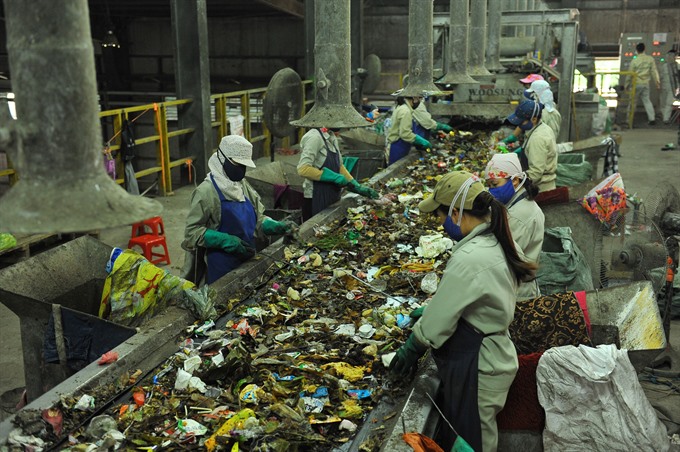
The amount of solid waste in Việt Nam has kept surging with more complicated components as a result of increasing population and human activities while treating the waste and reducing its harmful impacts on the environment still pose challenges to local authorities.
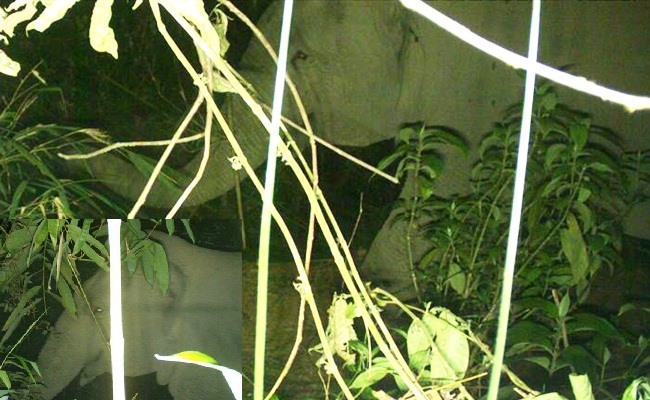
Authorities in the central province of Hà Tĩnh have recommended the formation of a project for the urgent protection of elephants in the province’s Vũ Quang National Park.
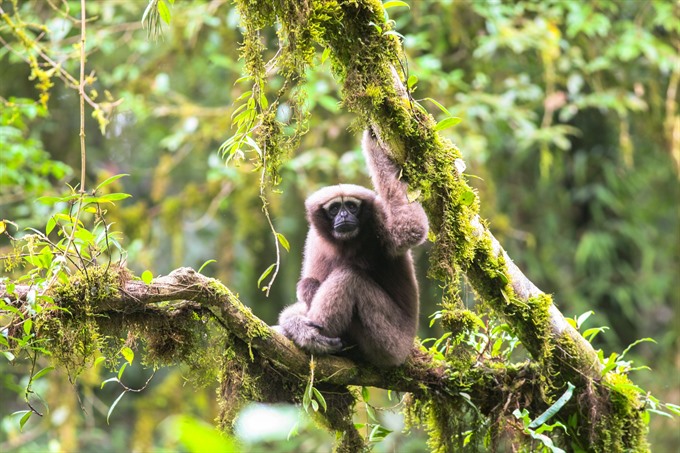
Scientists discovered 157 new animal and plant species in the Greater Mekong region last year, according to a report titled “New species on the block”.
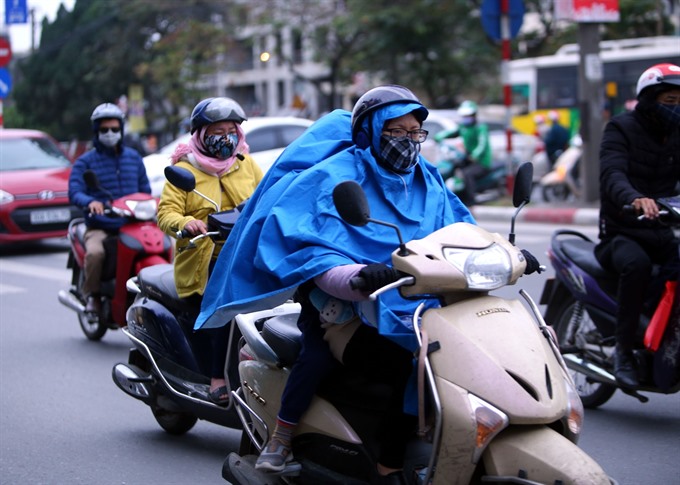
Another cold front arrived earlier today, plunging the northern region into the coldest days so far this winter and bringing rainfall to central Việt Nam after disastrous downpours over the weekend.
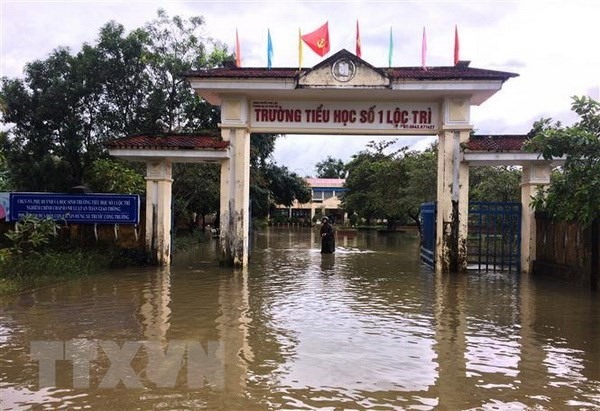
The Ministry of Health (MoH) has sent a letter to directors of health departments in different provinces and cities asking them to ensure personal and environmental hygiene and prevent diseases in the typhoon condition.
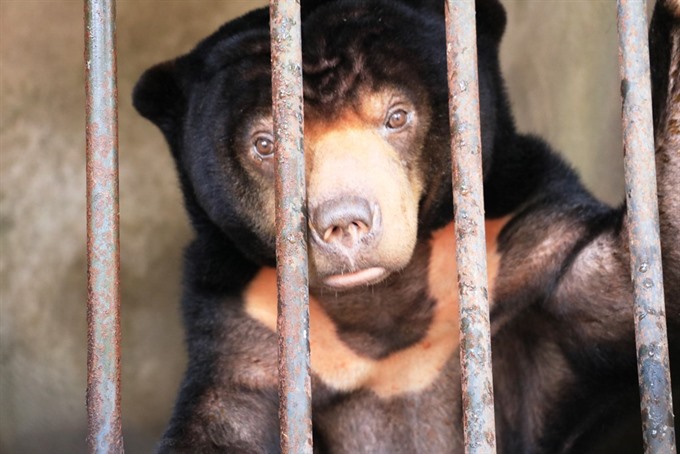
A female sun bear was rescued yesterday after 15 years in captivity in a border district of Tây Ninh Province in southeast Việt Nam.
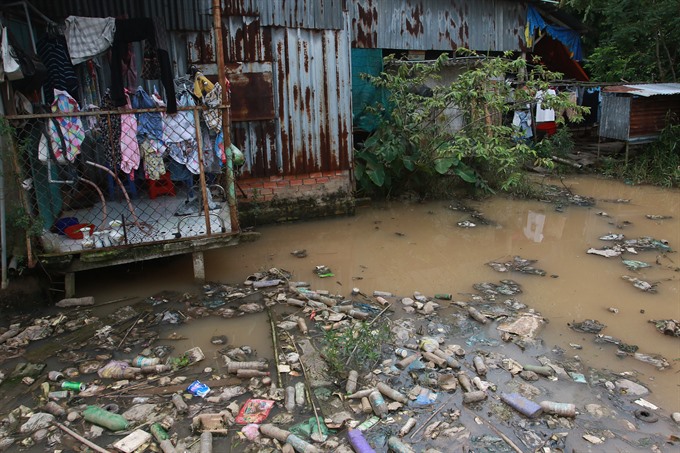
Protecting the marine environment and restoring the ecosystem has been identified as one of the major objectives for sustainable development in Việt Nam, Minister of Natural Resources and Environment Trần Hồng Hà said.

Lâm Đồng Province People’s Committee on Sunday fined the investor and operator of Đại Lào Waste Treatment Plant in Đại Lào Commune, Bảo Lộc City, VNĐ232 million (US$9976) for discharging untreated wastewater into the environment, the online news outlet zing.vn reported.
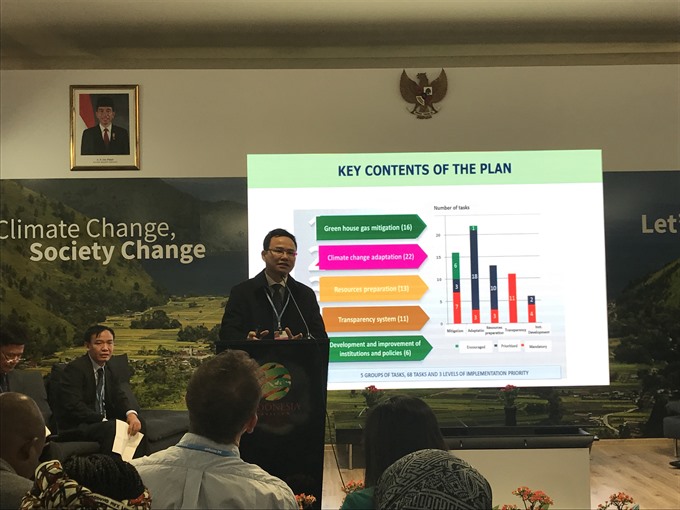
At the 24th UN Conference on Climate Change (COP24), Germanwatch released the most up-to-date Climate Risk Index ranking, which analyses the extent to which each country has been affected by weather-related loss events.
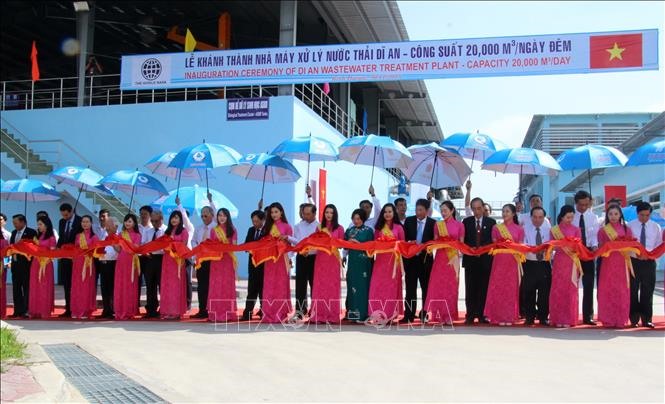
Bình Dương Province’s Dĩ An wastewater treatment factory opened for operation on November 30 after 18 months of construction.
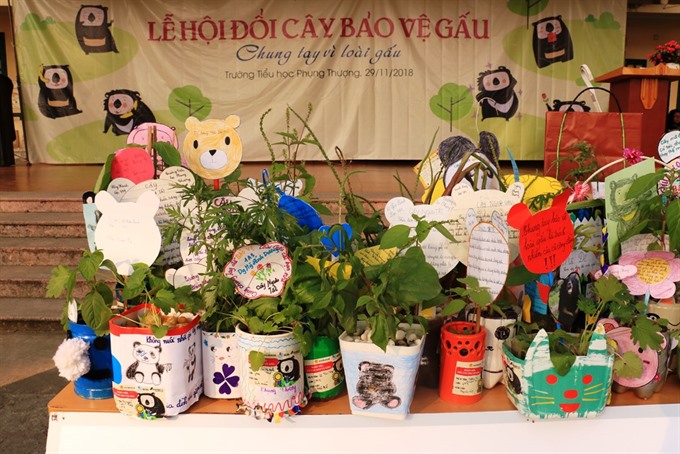
Animals Asia and Hà Nội Forest Protection Division have presented hundreds of gifts for students from Phụng Thượng Primary School who took part in the tree planting contest to protect bear in Hà Nội’s Phúc Thọ District.
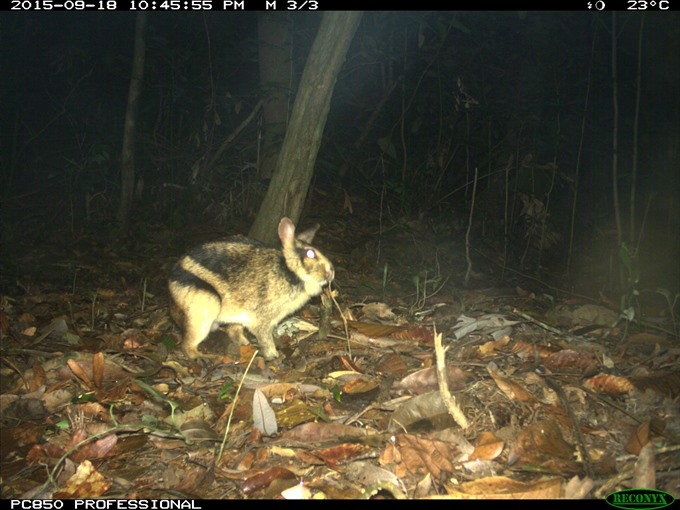
A new study carried out by the Leibniz Institute for Zoo and Wildlife Research (Leibniz-IZW) in collaboration with WWF-Vietnam, WWF-Laos and the Central Institute for Natural Resources and Environmental Sciences (CRES) of the Việt Nam National University provides the first detailed information about the Annamite striped rabbit (Nesolagus timminsi) – a little-known lagomorph not discovered until 1995.
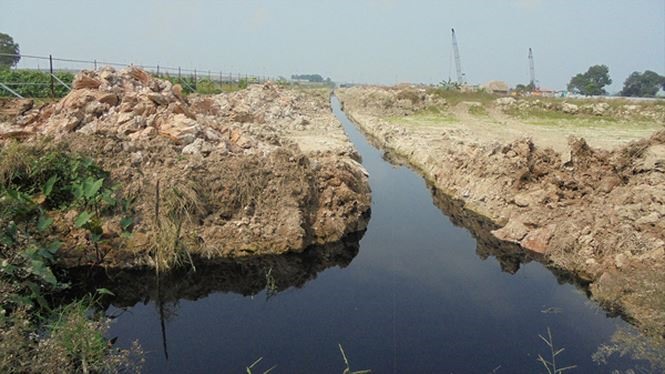
Thousands of residents in Nguyên Khê commune of Hà Nội’s Đông Anh District are living in “fear” due to serious environmental pollution sourced from waste water discharged from Nguyên Khê industrial complex, Tiền Phong (Vanguard) newspaper reported.
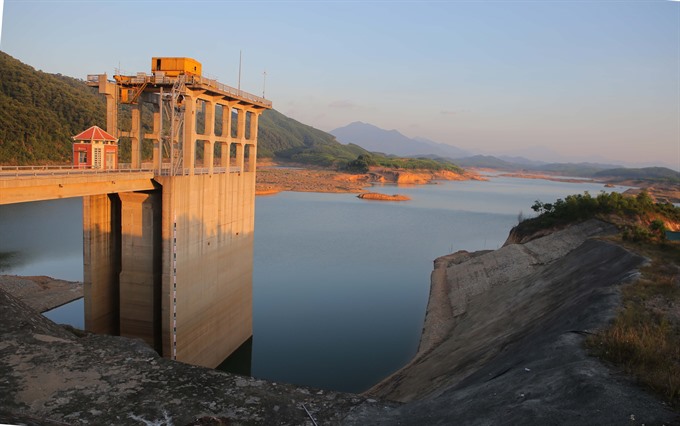
Climate change is the biggest challenge to Việt Nam and the agricultural sector, and farmers and the poor are the most vulnerable. In response, a number of measures have been taken by the country to mitigate climate change.
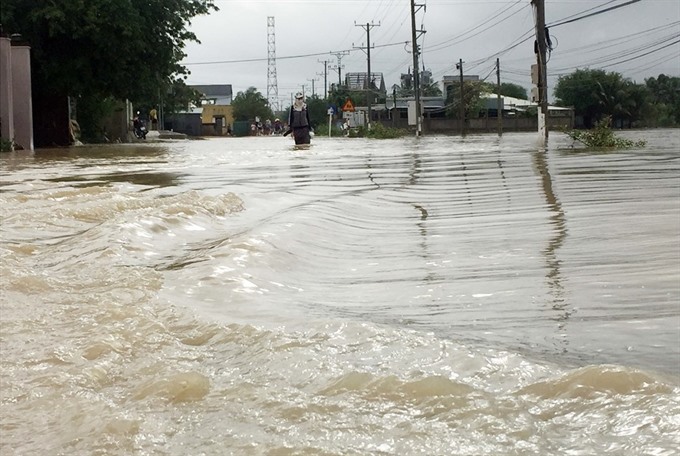
The Ministry of Health yesterday requested health departments in the provinces affected by Typhoon Usagi to ensure clean water supplies and prevent disease outbreaks.
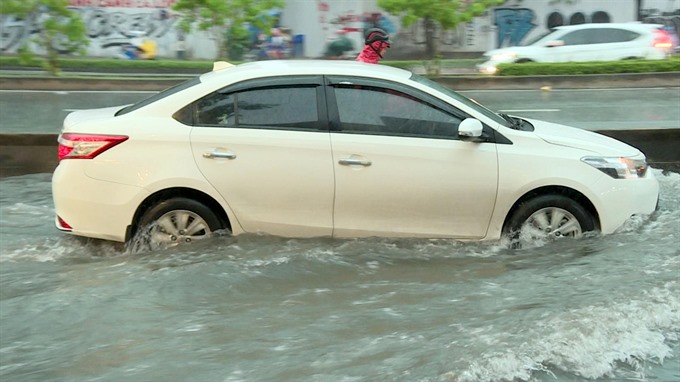
Typhoon Usagi, which weakened into a tropical depression over the weekend, hit HCM City hard on Sunday, damaging electrical cables, stranding cars on streets, and flooding basements.
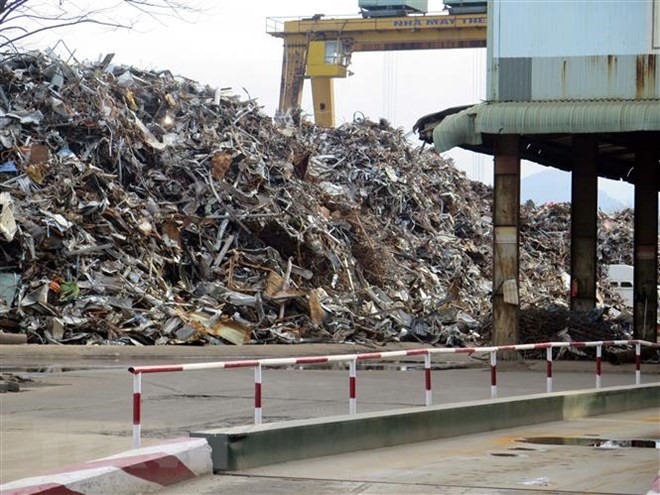
The People’s Committee in Đà Nẵng have imposed an administrative fine of VNĐ1.1 billion (US$47,800) on two joint-stock steel companies.
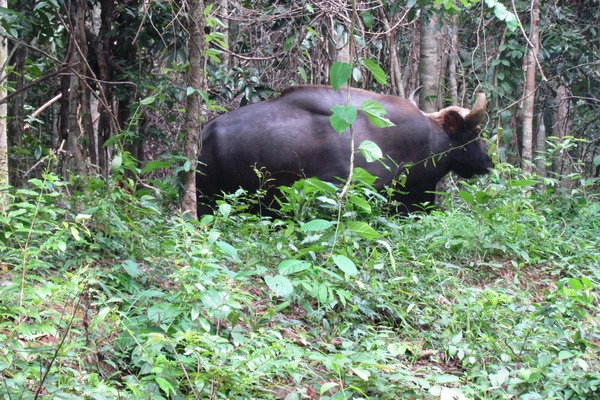
A gaur was found dead on Monday at Đồng Nai Culture and Nature Reserve in Mã Đà Commune, Vĩnh Cửu District in the southern province of Đồng Nai.
